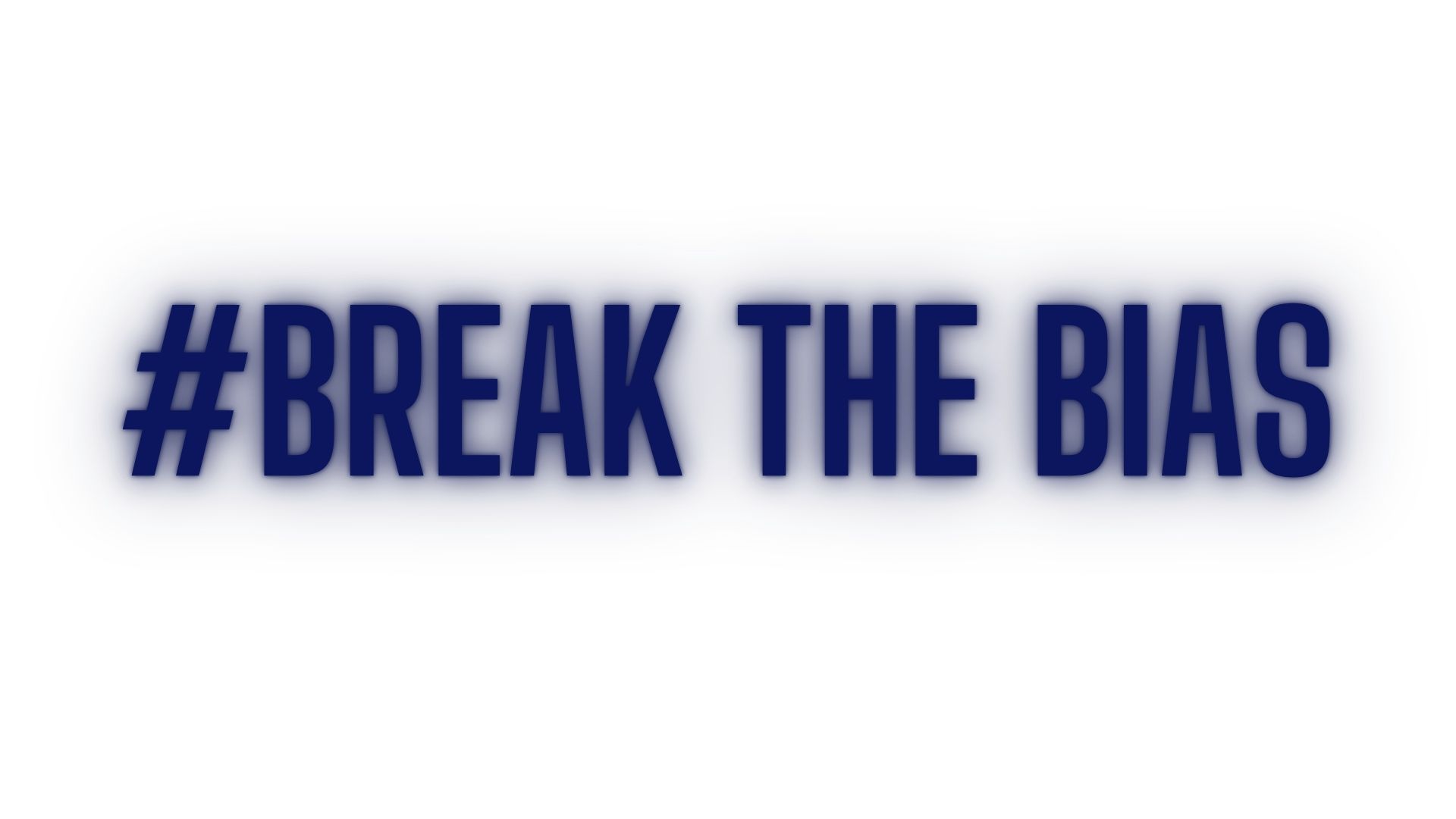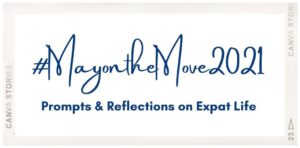Imagine a gender equal world. A world free of bias, stereotypes and discrimination. A world that’s diverse, equitable, and inclusive. A world where difference is valued and celebrated. Together we can forge women’s equality. Collectively we can all #BreaktheBias.
March 8 is International Women’s Day and this year’s theme is “Break the Bias”. As a facilitator for I am Remarkable, I’ve read a lot of research about bias in the workplace and the effects both on people and business. It should come as no surprise that there is work to be done and that everyone will benefit – and profit – from a more diverse workforce.
(A side note before I go into bias – it’s cognitive diversity that companies benefit the most from in the form of innovation, creative problem solving and elimination of group thinking – this is diversity of thought and harder to quantify and achieve than diversity of gender, race, ethnicity, sexual orientation or age. Read more here and here.)
What is bias?
A bias is a tendency, inclination, or prejudice toward or against something or someone. Biases are often based on stereotypes, rather than actual knowledge of an individual or circumstance (source). Biases can be innate or learned. People may develop biases for or against an individual, a group, or a belief (source).
This comic explains stereotype, bias, prejudice and discrimination in a simple but effective way.
What biases do we face as expat women?
I was invited to join a panel discussion hosted by International Women in Business Düsseldorf to discuss this year’s theme #BreaktheBias with a focus on biases experienced by expat women. A very interesting subject I felt I needed more research on.
An informal survey of women in my networks revealed a number of biases women face when living and working in a foreign country. These include being perceived as less intelligent, having less to say and being less valuable as a person. Assumptions abound around financial dependence on spouses, acceptance of lower wages for foreigners and that a woman married to a local man must be a “gold digger”. The perception that women working from home have time to spare and are available to support an array of causes, while simultaneously not being taken seriously, left me speechless – but unsurprised.
Why is #BreaktheBias important?
When we feel seen and welcome, we develop a sense of belonging to a group, company or place. We become more engaged and invested in the success of our group, innovation increases, and we have more fun. We benefit emotionally and the community or company benefits from higher productivity and greater employee satisfaction.
I do think it’s important to acknowledge that every one of us has biases. Working to break the bias also means being willing to learn about our own unconscious biases and living with the discomfort of working on correcting them, too.
How can we react to bias? What can we do?
Being confronted with bias doesn’t feel good. We may feel shocked, angry, frustrated, sad, or a number of other emotions. We want to run away, fight or at least reply. But how?
First: Pause
The first thing to do is take a breath and pause. It can be uncomfortable to be “seen” a certain way, whatever the source and cause. Listen in to yourself and figure out, exactly, what you’re feeling. Are you angry? Sad? Embarrassed?
Keep in mind you don’t have to reply or react immediately, if you’re not ready to. Maybe you’re feeling such strong emotions that now is not the time for this conversation. It’s ok to take time to process, to find a safe outlet for feelings before replying. This can be crying, journaling, sport, punching a pillow, shouting… whatever feels right to clear your head and think about how you to move forward.
Since we are guests in another culture, it is worth reflecting on the cultural lenses that both the person we’re speaking to and we are looking through. These and may be vastly different and offer a place to start the conversation. I like to give people the benefit of doubt that they don’t actually mean harm but just don’t understand the impact their words and actions have. It’s up to us to speak up for ourselves and let them know.
Next: Reflect & Plan
As much as we might want to “fight back” that’s probably not going to get us very far or be productive – especially if we have to continue working or living with the person we’re dealing with.
But not saying anything, pretending it didn’t happen and swallowing it all back down, doesn’t feel good, can fester inside us and cause more resentment and disengagement and will impact the relationship in the long term, too.
Questions are a great way to react to any situation and bias is no exception. You can ask questions to clarify or to request data & facts, like:
“Why do you think that?”
“What is the data on that?”
“I’m curious why you would say that?”
Finally: Reply
Finally, express your emotions and confidently explain your view, how you were affected and why it is hurtful. In #IamRemarkable we say “it’s not bragging if it’s based on facts” and while this is absolutely true, cultural perceptions will come into how you construct the conversation. In some cultures (national or work) speaking up is welcomed, while in others it is considered very rude.
Not sure how or what to say? Think about your values (read more here) – what is important to you? What would you fight for in your native language? What is worth standing up for? Consider how you’ll feel if you don’t say anything. Will you always feel a bit uncomfortable around this person or in this situation? You’re not a tourist so it is likely worth having an open conversation and clarifying your views and opinions.
Ask yourself “what do I have to lose?” and, more importantly, “what will I gain?” from having a clarifying conversation around the bias you are experiencing.
If you don’t have the words or confidence to speak up yet, practise what you want to say – to yourself, to a friend. This type of role play and practise will give you the confidence to have the conversation you need to have.
Practise makes permanent and will make it easier to speak up the next time, too.
Privledge & Advocacy
As we gain confidence in our opinions and how we speak up, keep in mind that you are also doing it for those people that either don’t have the confidence yet or that have much more to lose from standing up for themselves.
Sadly, in most countries there are different classes of “foreigners” and as expats we often hold a privileged position amongst them. I believe we have an obligation to use this to advocate for others when and where we can – as women, as men, as parents, as humans.
This is just the beginning. I would love to hear your thoughts, experience and advice on bias experienced as an expat. Please comment below or send me a message.
#IamRemarkable Workshop
If you’d like to learn more about the I am Remarkable initiative, please join a workshop here. In these free (!) 90min workshops I explain WHY it’s so important to advocate for ourselves and you get a chance to start practicing. More than 300k participants have joined these workshops worldwide – you can be next.





